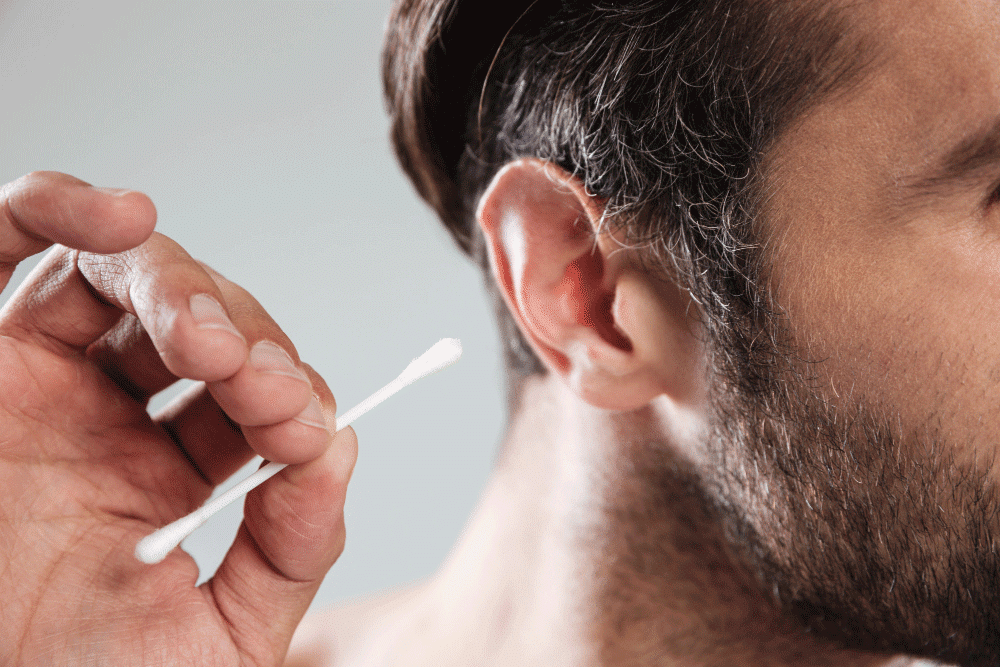
As winter approaches, the temperatures can get quite cold this year. Staying healthy in the winter is all about understanding how to properly care for yourself, including your hearing health.
Cold weather can cause issues within the ear that have been known to lead to pain, dizziness, tinnitus (ringing in the ears), and increased pressure. Because your ears are made of cartilage and very little fat to keep them warm, having them exposed to the colder temps puts them at risk. But, you can preserve your hearing by following these helpful winter tips to keep your hearing in great shape.
Can cold weather cause hearing loss?
Though the cold temperatures themselves may not directly affect your hearing, It can cause problems that can ultimately lead to hearing loss. One of the significant problems and primary causes for hearing loss in cold conditions is a condition known as exostosis or is also referred to commonly as “surfers ear.”
Exostosis occurs when exposure to the cold causes abnormal bone development to block out the cold. The bone development narrows the ear canal, making it problematic to drain water, earwax, and dirt, leading to constant ear infections, leading to permanent hearing loss.
Luckily, exostosis can be surgically removed, but it does require ample recovery time away from frigid wind and water. Exostosis is typically seen in surfers due to their constant exposure to cold water. However, it can also develop in those who do not sufficiently protect their ears in cold, wet weather. Make sure you don’t forget to wear a warm hat that covers your ears on those chilly days.

Winter and Tinnitus
For some, wintery, frigid climates exacerbate their tinnitus or ringing in the ears. Studies show that internet searches for tinnitus go up in the winter. However, the reasons why tinnitus is more common in winter are not well understood. It’s considered less about the climate and more about seasonal trends that occur this time of year. One theory is that when temperatures drop, your ears will tend to produce more wax, conceivably protecting the ear’s internal portions from cold. Excess can block the canal, muffling your hearing and making the ringing more noticeable. Increased caffeine consumption during this time is also thought to affect tinnitus and seasonal depression. In addition, less healthy activities tend to raise blood pressure, such as higher alcohol consumption and eating more salty foods, all risk known risk factors for tinnitus.
Staying calm, warm, and away from germs is essential to avoid many of these tinnitus aggravating factors.

Hardened earwax
Lower temps will cause earwax to harden, in some cases leading to blockages within the canal. Symptoms following earwax blockage can include:
-
- Pain or earache.
- Feeling of fullness in the affected ear.
- Headaches.
- Dizziness.
- Ear infections.
- Noise or ringing in the ears (tinnitus).
- Decreased hearing in the blocked ear.
Hearing aid wearers are at a higher risk of hardened earwax, as your ear will generate more wax when there is a “foreign object” in it.
Earwax build-up is irritating, and you may think to clean it using a cotton swab. Although, this is the opposite of what you should do regarding wax removal from your ear. Utilizing this method can potentially cause more harm than good. It can result in the wax blockage being pushed further into the ear canal, making things even worse.
Tips on how to safely remove earwax
We recommend seeking professional removal of earwax. But, some over-the-counter options are non-invasive and, many times, very effective. The one thing we do not recommend you do is trying to remove the blockage with a cotton swab.
Here are some DIY remedies that you can use to remove blocked wax from your ear:
-
-
- Baking soda
- Hydrogen peroxide
- Oils
- Baby oil
- Glycerin
- Coconut oil
- Mineral oil
- Olive oil
- Irrigation
- Rubbing behind the ears
- Drink water
- Omega-3 unsaturated fats
-
“Winter is coming,” and now that you know how to best prepare to keep your ears healthy. Make sure you are taking the necessary steps in proper prevention. If you do run into any issues, please contact Salem Audiology Clinic at 971-701-6322 to help you with your hearing health care needs.
